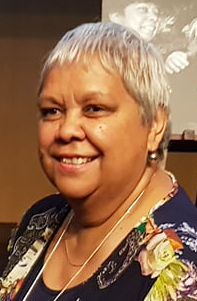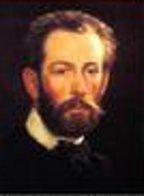A Quote by Immanuel Kant
If education is to develop human nature so that it may attain the object of its being, it must involve the exercise of judgment.
Related Quotes
Identity means "how do I get known? How do I expressmyself?" and that's generally what I'm helping somebody do. It may be three dimensional, it may be a public space, it may involve government,it may involve cultural institutions, it may involve corporations, it may involve editorial publications - it can be anything, really.
We don’t go further than what Marx called the exchange value of the actual object - we don’t think about the relations that that object embodies - and were important to the production of that object whether it’s our food or our clothes or our I-pads or all the materials we use to acquire an education at an institution like this. That would really be revolutionary to develop a habit of imagining the human relations and non human relations behind all of the objects that constitute our environment.
Citizenship has not delivered Indigenous Australians the same quality of life other Australians expect. Basic human rights involve health, housing, education, employment, economic opportunity, and equality before the law, and respect for cultural identity and cultural diversity. These human rights must be capable of being enjoyed otherwise they are empty gestures.
If thinking is like perceiving, it must be either a process in which the soul is acted upon by what is capable of being thought, or a process different from but analogous to that. The thinking part of the soul must therefore be, while impassable, capable of receiving the form of an object; that is, must be potentially identical in character with its object without being the object. Mind must be related to what is thinkable, as sense is to what is sensible.
The aim of education is to develop resources in the child that will contribute to his well-being as long as life endures; to develop power of self-mastery that he may never be a slave to indulgence or other weaknesses, to develop [strong] manhood, beautiful womanhood that in every child and every youth may be found at least the promise of a friend, a companion, one who later may be fit for husband or wife, an exemplary father or a loving intelligent mother, one who can face life with courage, meet disaster with fortitude, and face death without fear.
Education has for its object the formation of character. To curb restive propensities, to awaken dormant sentiments, to strengthen the perceptions, and cultivate the tastes, to encourage this feeling and repress that, so as finally to develop the child into a man of well proportioned and harmonious nature, this is alike the aim of parent and teacher.
In my mind, the purpose of education is to enable human beings to develop to their full potential, intellectually and spiritually. That means that students have to be empowered to pursue self-knowledge and the skills that will help them be of service to their fellow human beings. Education should encourage people to develop their curiosity about life; above all, it should not trivialize either the students or their lives.
There is such a thing as righteous judgment, but it seems that lately the word 'judgment' has become a curse word, period. The issue isn't whether or not we're insightful enough to avoid being judgmental, but whether or not we're secure enough to accept being judged. It is inevitable for every conscious human being to judge. It may spring from insight and experience and sincerity, and in such cases, it is quite beneficial on the receiving end.






































